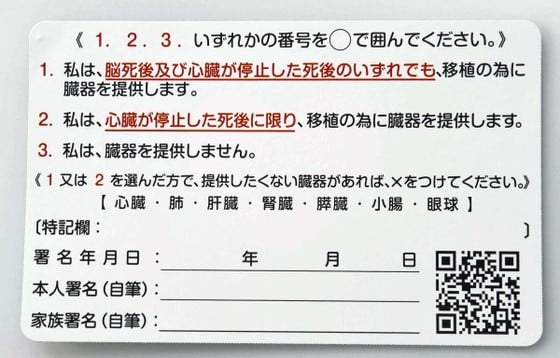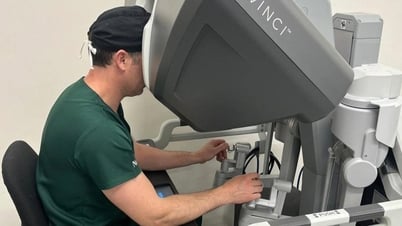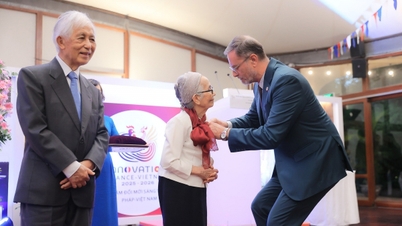SGGPO
Although the number of organ donations from brain-dead people has recently increased, less than 3% of patients needing organ transplants receive an organ for surgery due to a severe shortage of donors.
 |
| Organ donation cards are distributed free of charge at medical facilities in Japan. Photo: YOMIURI SHIMBUN |
Japanese media cited data from the country's Organ Transplant Network as saying that since the organ donation law officially took effect in 1997, Japan has just recorded its 1,000th organ donation from a brain-dead person. According to Jiji Press, the 1,000th organ donor was a man in his 60s in western Japan. After he was declared brain-dead according to the law, doctors transplanted his heart, lungs, liver and kidneys to patients in need of organ transplants.
In Japan, the first organ transplant from a legally brain-dead person was performed in 1999. However, the number of organ donations per year ranged from 3 to 13 between 1999 and 2009, as it requires a written declaration from the donor himself. The law requires donors to prove that they wish to be organ donors while they are still alive.
However, the 2010 amendment to the law allowed organ donation to be carried out with the consent of a family member of the donor, and also allowed organ donation from children under 15 years old. In 2010, thanks to the amendment, the number of organ donors increased to 32 and reached a record high of 97 in 2019.
Although the number of organ donations from brain-dead people has recently increased, less than 3% of patients needing organ transplants receive an organ for surgery due to a severe shortage of donors.
Source



![[Photo] Prime Minister Pham Minh Chinh chairs the Government's online conference with localities](https://vphoto.vietnam.vn/thumb/1200x675/vietnam/resource/IMAGE/2025/10/5/264793cfb4404c63a701d235ff43e1bd)



![[Photo] Prime Minister Pham Minh Chinh launched a peak emulation campaign to achieve achievements in celebration of the 14th National Party Congress](https://vphoto.vietnam.vn/thumb/1200x675/vietnam/resource/IMAGE/2025/10/5/8869ec5cdbc740f58fbf2ae73f065076)


















































![[VIDEO] Summary of Petrovietnam's 50th Anniversary Ceremony](https://vphoto.vietnam.vn/thumb/402x226/vietnam/resource/IMAGE/2025/10/4/abe133bdb8114793a16d4fe3e5bd0f12)

![[VIDEO] GENERAL SECRETARY TO LAM AWARDS PETROVIETNAM 8 GOLDEN WORDS: "PIONEER - EXCELLENT - SUSTAINABLE - GLOBAL"](https://vphoto.vietnam.vn/thumb/402x226/vietnam/resource/IMAGE/2025/7/23/c2fdb48863e846cfa9fb8e6ea9cf44e7)



































Comment (0)